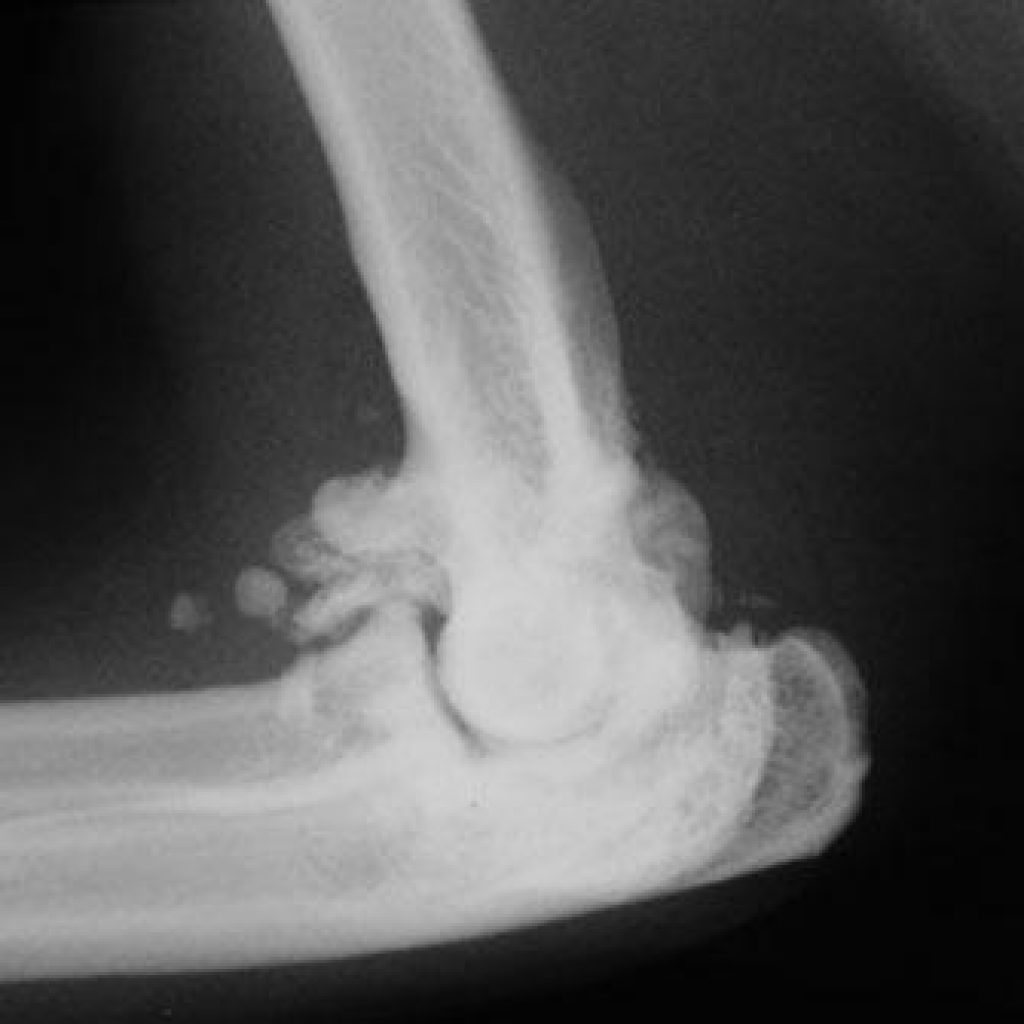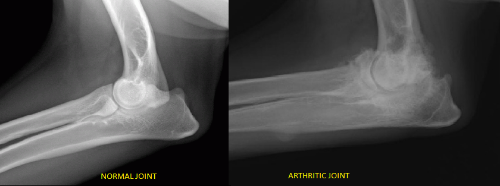
Misty is limping: Cats get Osteoarthritis too!
Yes, it’s true. We often hear about dogs having arthritis and limping but cats also suffer from osteoarthritis (OA). Their symptoms are often quite different to dogs so can be easily missed.
Dr Tash was called out to see Misty as her owner had noticed that she was having accidents near her littlebox which was very unlike her. She seemed otherwise well but a little slower and more subdued than she used to.
Misty is a Domestic Shorthair (DSH) who came from an shelter. Her full history is unknown but she was adopted when she was thought to be approximately one year old. That was eight years ago. She has been a healthy cat in general.
On examination Dr Tash noticed some mild dental disease but otherwise she seemed to be in great health. However, she was quite reluctant to allow her left elbow to the fully straightened. Her right was also a bit stiff. Her urine and blood was collected to test for bladder and kidney problems. Once these were ruled out we had a chat about OA in cats.
In cats OA tends to affect the elbow joint more than other joints but any can be affected. Signs to be aware of include:
- Stiffness
- Swelling of the joints
- Lameness
- Decreased flexibility
- Discomfort when handling or touching in certain positions’
- Decreased activity and modified activity (ie reluctant to jump)
- Accidents at the litterbox
Causes
As animals get older the cartilage in joints deteriorates and becomes less flexible. Arthritis can develop due to injury, dislocation or infection in the joint.
Diagnosis
Radiographs can be taken to confirm the suspected diagnosis of OA. Cats need to be sedated or have a general anaesthetic to take radiographs. This allows us to looks for other causes of lameness including bone tumours.
Treatment
There are several ways in which we can manage arthritic cats.
- Weight management is the first and most important tool.
- Pain relief and anti-inflammatories – we can substantially improve mobility and comfort by alleviating pain and inflammation with medications such as NSAIDs or cortisone.
- Injectable chondroprotective agents which help improve the health of the joint and cartilage eg Cartrophen, Pentosan, Zydax
- Food supplements such as glucosamine, chondroitin, green lipped mussel, shark cartilage may also reduce the inflammation and pain in these joints. Some prescription foods have these products included.
- Short gentle exercise can still be undertaken by cats with OA but it ideally they will avoid jumping and leaping. While it is difficult to stop cats jumping altogether you can set up their envinment so that the are not required to perform these activities as part of their daily routine. Given them easy access to food and water, their litter tray and somewhere they can hide and feel safe.
- A soft bed will ease pain on their joints and they may appreciate you helping to groom areas they can no longer reach.
“In cats OA tends to affect the elbow joint more than any other”


